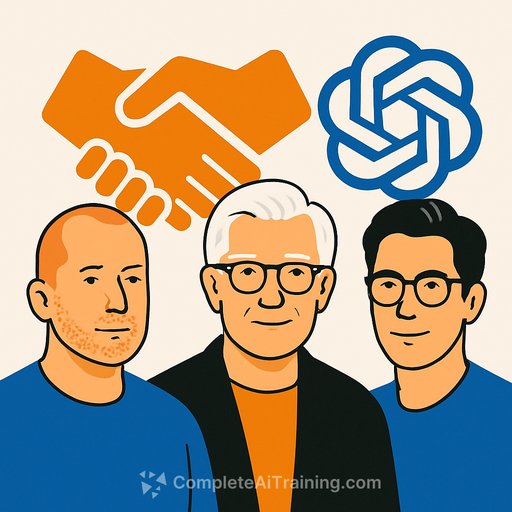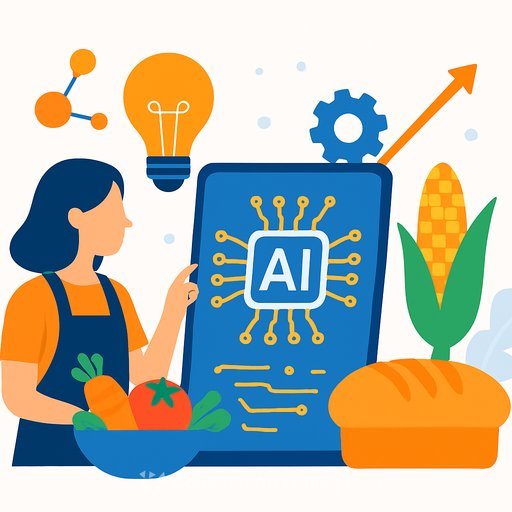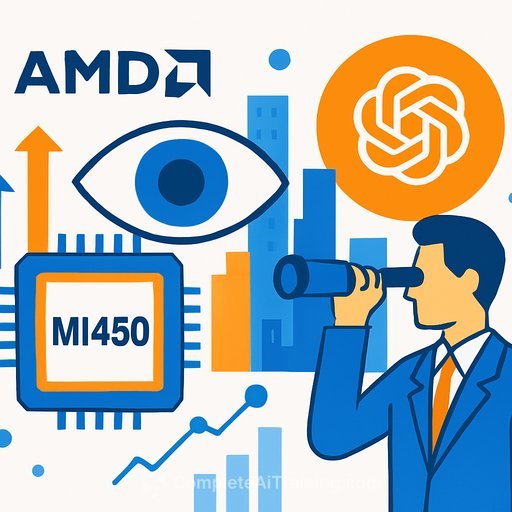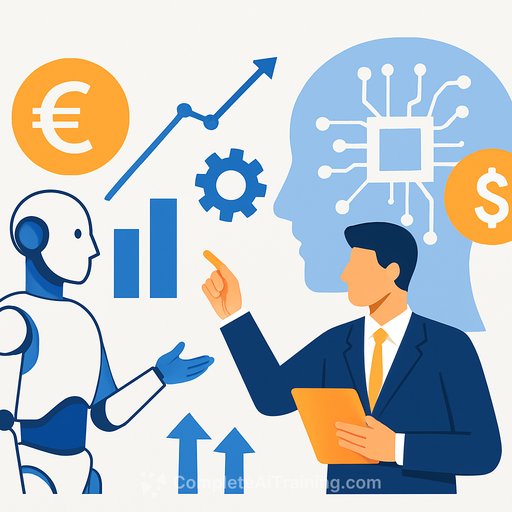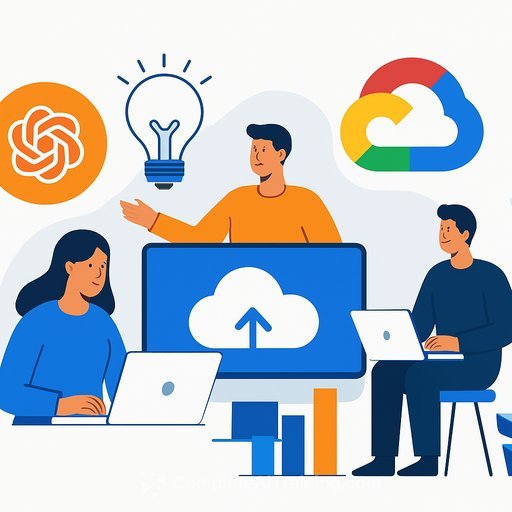OpenAI Completes Acquisition of io Products, Inc. with Jony Ive and LoveFrom Driving AI Design
OpenAI has officially closed its acquisition of io Products, Inc., bringing the io Products team into its fold. Meanwhile, Jony Ive and his design firm LoveFrom will remain independent but will take on significant creative and design roles within OpenAI’s projects. This partnership highlights OpenAI’s commitment to integrating world-class industrial design expertise into AI product development, focusing on delivering user-centric hardware and software experiences.
The collaboration is set to accelerate the launch of AI-powered devices and interfaces, creating new opportunities in both AI hardware and consumer technology markets.
Why This Matters for Product Development
The deal, announced in July 2025, marks a key moment in AI product innovation. By combining io Products’ team with OpenAI’s AI capabilities and leveraging Jony Ive’s renowned design expertise, OpenAI aims to enhance the usability and aesthetic appeal of its AI solutions.
This approach aligns with the growing emphasis on design in technology, especially as AI products become more common in consumer and enterprise sectors. Intuitive, visually engaging AI interfaces will be crucial for adoption and satisfaction in fast-growing markets expected to hit $190.61 billion by 2025, according to Statista.
Design as a Competitive Edge
OpenAI’s move reflects a broader industry trend where leading tech companies prioritize the intersection of AI functionality and human-centered design. Integrating io Products and collaborating with Jony Ive opens doors to more engaging AI-powered consumer devices and enterprise solutions.
For product teams, this means future AI tools will likely focus on seamless interaction and accessibility, making them easier to adopt and more enjoyable to use. This could include enhanced chatbot interfaces or AI systems designed with accessibility in mind, addressing the needs of a diverse user base.
Business Opportunities and Challenges
- New Revenue Streams: Design-led AI products can create opportunities in personalized AI assistants, smart home devices, and enterprise tools.
- Improved User Adoption: Intuitive interfaces reduce training costs and increase efficiency, a factor 73% of consumers consider important when buying products, per a 2023 PwC survey.
- Implementation Complexity: Balancing design innovation with AI functionality and security requires close collaboration between designers and engineers.
- Regulatory Compliance: OpenAI must ensure design transparency and ethical considerations, especially under frameworks like the updated 2024 EU AI Act.
Technical Collaboration and Future Prospects
Creating interfaces that are both visually appealing and functional demands tight coordination between design teams and AI developers. Iterative testing and accessibility improvements will be key focuses moving forward.
OpenAI may also leverage AI-driven simulations to predict user interactions and optimize design efficiency, reducing development timelines and costs.
This partnership could set new standards for AI products that prioritize user empathy without compromising on performance or safety.
FAQ
What does the io Products deal mean for OpenAI’s future products?
Integrating io Products and Jony Ive’s design expertise signals a future where AI products will emphasize user-friendly, visually appealing interfaces. Expect innovative consumer and enterprise AI solutions focusing on smooth interaction, likely debuting in late 2025 or 2026.
How can businesses benefit from OpenAI’s design-focused AI initiatives?
Businesses can gain from more intuitive AI tools that enhance employee productivity and customer engagement. Customized interfaces can reduce onboarding time and improve adoption, offering a clear operational advantage in competitive markets starting from the 2025 cycle.
Your membership also unlocks:

